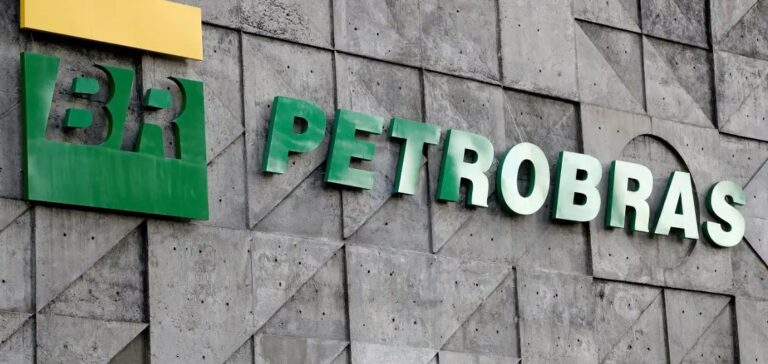Petrobras, Brazil’s largest oil company, reported a $2.8 billion loss for the fourth quarter of 2024 compared to the same period in 2023. The company attributed the loss to the adverse movement of the Brazilian real, which weakened significantly against the US dollar. In January 2025, the real hit a record low of 6.18 reais to the dollar, severely impacting the company’s financial results.
Sharp Decline in Annual Net Profit and Accounting Effects
Petrobras also saw its annual net profit for 2024 plummet by 70%, falling to $7.5 billion. This sharp decline was largely attributed to accounting effects related to the company’s debt. In addition to currency fluctuations, the company cited a 2% drop in the price of Brent crude oil over the course of 2024. The company also reported a 39% reduction in its refining margins, particularly for diesel, which further compounded the financial strain.
Political Pressures and Exploration Plans
In February 2025, Brazilian President Luiz Inácio Lula da Silva increased pressure on Petrobras to launch an ambitious oil exploration project near the mouth of the Amazon River. The project, which would involve drilling in an area spanning 350,000 square kilometres, could uncover oil reserves estimated at 10 billion barrels—an addition to Brazil’s proven reserves, which stood at 15.9 billion barrels at the end of 2023.
Petrobras Faces Financial Strain
The combination of falling oil prices and the depreciation of the real highlights the financial challenges Petrobras is facing, especially as political pressures to explore new reserves persist.






















